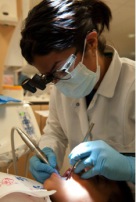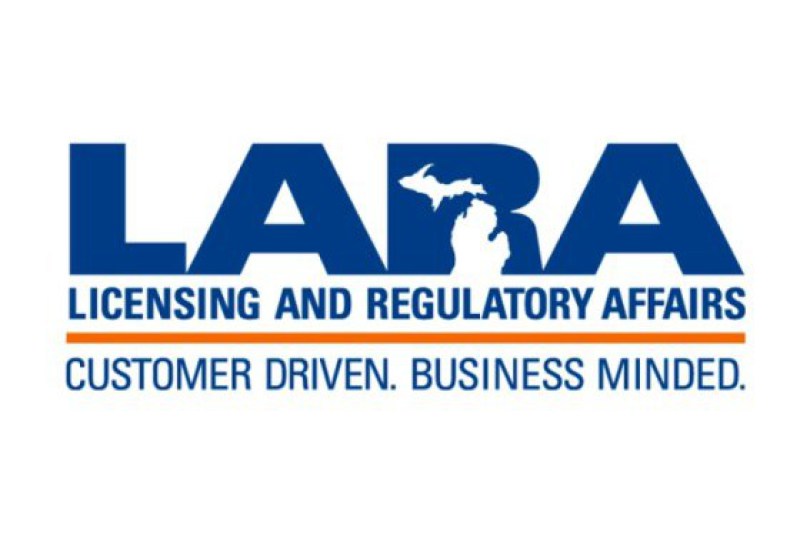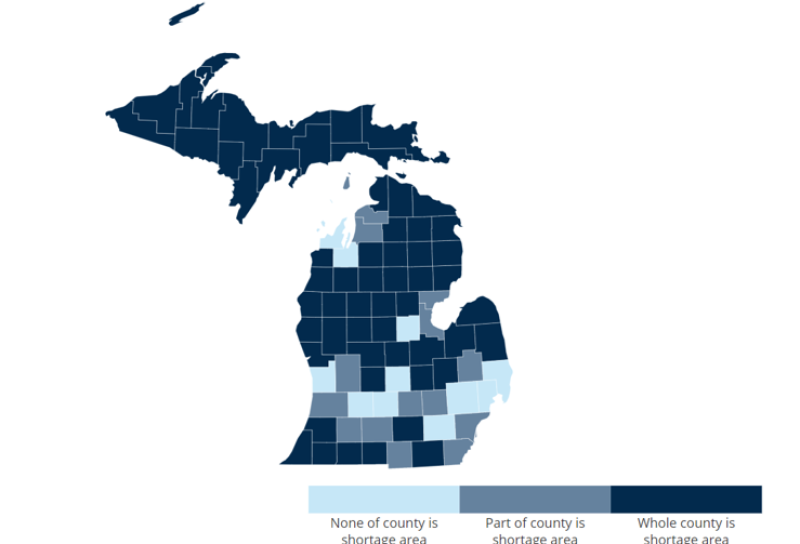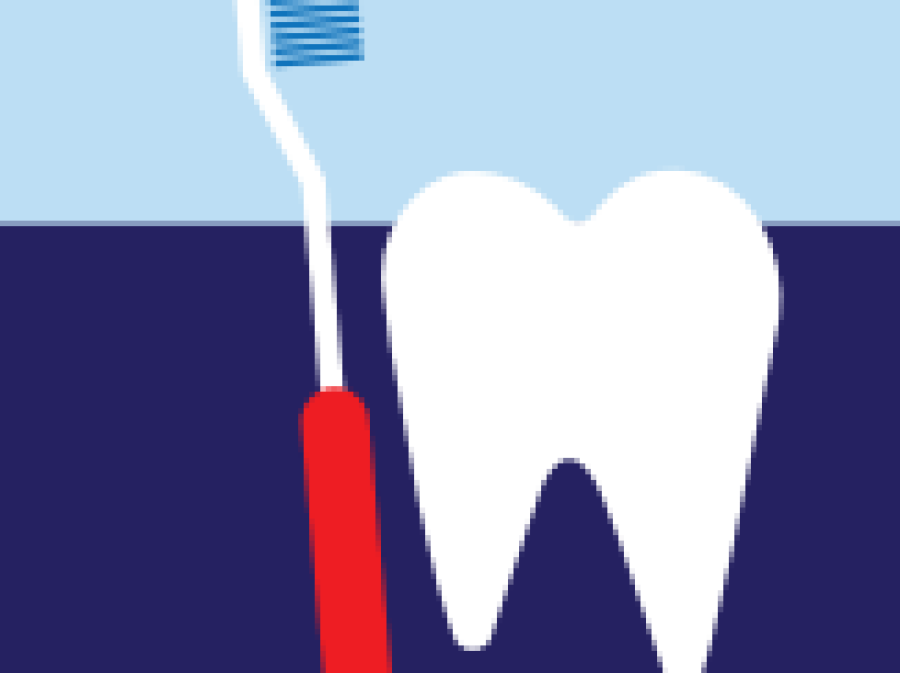The Road to Bringing Dental Therapy to Michigan
Legislative History
Sen. Mike Shirkey (R- Clarklake) introduced Senate Bill 541 to address significant gaps in access to oral health services across the state by licensing dental therapists to practice in Michigan. SB 541 will allow dentists to treat more patients by hiring dental therapists, similar to a physician assistant on a medical team, to provide preventive and routine restorative care such as filling cavities.
Michigan has an uneven distribution of dentists, resulting in a shortage of dental providers in many rural and urban communities. 77 out of Michigan’s 83 counties have at least one dental shortage area, leaving millions of residents without access to necessary oral care. SB 541 will expand oral health care especially to vulnerable people, including seniors, pregnant women, children and people living in rural areas.
“Expanding the dental team to include a dental therapist could improve overall access to oral health care for underserved patients while allowing dentists to increase their revenues and modernize and expand their practices,” said Sen. Shirkey. “When people cannot get dental care, they often resort to emergency rooms for relief which costs Michigan taxpayers money. Relying on emergency rooms doesn’t alleviate patients’ underlying problems and places an unfair burden on taxpayers.”
Access to dental care is limited or nonexistent for millions of Michigan residents:
• More than one-third of all Michigan seniors have lost six or more natural teeth due to tooth decay or gum disease.
• Half of new mothers in 2014 did not receive a preventative dental visit during their pregnancy. Research shows gum disease can increase the risk of preterm birth.
• Approximately half of the kids covered by Medicaid or Healthy Kids Dental did not receive dental services in 2016.
PA 463 increases the number of highly trained professionals able to perform these basic procedures under the supervision of a dentist and allow dentists to focus their time and skills on more complicated procedures.








